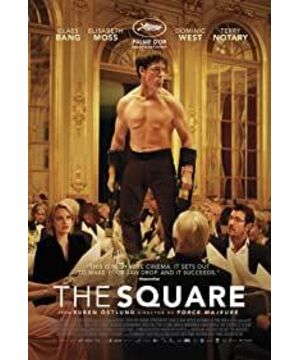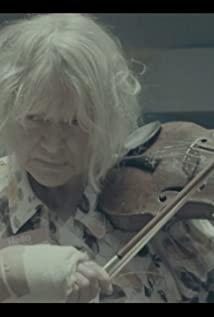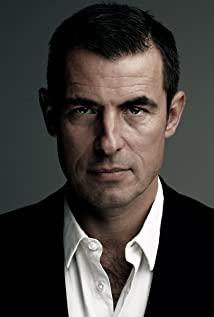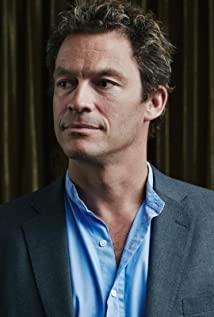Regarding the postmodern irony of postmodern art and the politically correct irony of political correctness, the whole film is more than two hours long, and I think it is divided into several parts. The first is the irony of the protagonist. As a member of the upper class, the protagonist is still upset by trivial matters. After his mobile phone is stolen, he does not call the police but writes a threatening letter himself, because he feels that There must be some low-level residents living in the building, and this way is the best for them. But when he met the indomitable little boy, his upper-class appearance and hypocrisy were revealed. For his social identity and status, he was unwilling to face and apologize for his mistakes. Only willing to apologize privately or make a video. His private life is also very chaotic, and he likes to use power and status to play tricks. However, he still holds contempt for these women, does not trust them, and thinks that these women will use the matter of sleeping with him to blackmail him. It is very interesting that the theme of his art exhibition this time is trust, which promotes the friendliness and tolerance between people and political correctness, but the protagonist publicly says these high-sounding words, but secretly does the opposite. , which is ironic.
The second is that for these arts, the performance of the gorilla, the performer's name sounds like an Eastern European, maybe his status is not as good as theirs. Those sanctimonious upper-class people are sitting at the beautiful table, admiring a funny show of their own kind of performing animal, they can accept that the animal is stupid, funny, and pretending to be crazy, but they can't see that this "animal" has any offense to them, it seems What they want to see is not animals, but to gain that kind of psychological superiority. At first, those grandparents could watch calmly, but later it was out of face, and later when their real interests were affected When they violated it, they showed their fangs. They claimed to be civilized, friendly, and willing to sacrifice everything for strangers, but this was not the case. When they surrounded and beat people, they were more brutal and violent than the ruffians in the market.
Third, as for the irony of political correctness, it is obvious that the so-called concern for the lower-level people in the film is nothing more than a bargaining chip for the upper-level people to package themselves and enhance their political influence. Of course, there is also a sense of psychological superiority obtained through this way, but once their real interests are violated, they behave like the bottom people they despise. As soon as he lost a mobile phone, he began to speculate with malicious intent, and he began to take revenge on the entire building and slander the entire group, because in his opinion, it is very normal for people at the bottom to do so.
The protagonist does not help people at the bottom very often. The first time he bought a piece of bread for that person, the second time he was happy with the mobile phone, so he gave the person a lot of money, and the third time, oh no, he invited a bottom person People help him see things.
Of course, on the other hand, these so-called low-level people eat fat and look like they are not poor at all. Of course, in a high-welfare country like Sweden, why these beggars become beggars is still up for debate. This kind of reflection on an indiscriminate social welfare, as well as the reflection on political correctness beyond gold and jade, I think this film can give people a lot of room for imagination.
View more about The Square reviews











